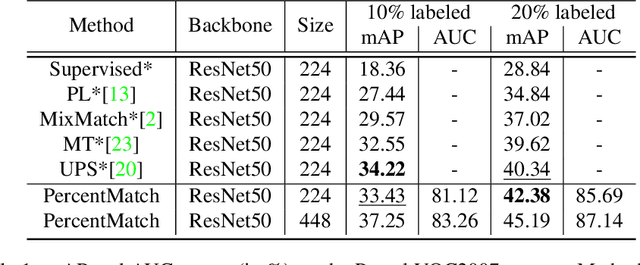Junxiang Huang
Whispers of Data: Unveiling Label Distributions in Federated Learning Through Virtual Client Simulation
Apr 30, 2025



Abstract:Federated Learning enables collaborative training of a global model across multiple geographically dispersed clients without the need for data sharing. However, it is susceptible to inference attacks, particularly label inference attacks. Existing studies on label distribution inference exhibits sensitive to the specific settings of the victim client and typically underperforms under defensive strategies. In this study, we propose a novel label distribution inference attack that is stable and adaptable to various scenarios. Specifically, we estimate the size of the victim client's dataset and construct several virtual clients tailored to the victim client. We then quantify the temporal generalization of each class label for the virtual clients and utilize the variation in temporal generalization to train an inference model that predicts the label distribution proportions of the victim client. We validate our approach on multiple datasets, including MNIST, Fashion-MNIST, FER2013, and AG-News. The results demonstrate the superiority of our method compared to state-of-the-art techniques. Furthermore, our attack remains effective even under differential privacy defense mechanisms, underscoring its potential for real-world applications.
PercentMatch: Percentile-based Dynamic Thresholding for Multi-Label Semi-Supervised Classification
Aug 30, 2022



Abstract:While much of recent study in semi-supervised learning (SSL) has achieved strong performance on single-label classification problems, an equally important yet underexplored problem is how to leverage the advantage of unlabeled data in multi-label classification tasks. To extend the success of SSL to multi-label classification, we first analyze with illustrative examples to get some intuition about the extra challenges exist in multi-label classification. Based on the analysis, we then propose PercentMatch, a percentile-based threshold adjusting scheme, to dynamically alter the score thresholds of positive and negative pseudo-labels for each class during the training, as well as dynamic unlabeled loss weights that further reduces noise from early-stage unlabeled predictions. Without loss of simplicity, we achieve strong performance on Pascal VOC2007 and MS-COCO datasets when compared to recent SSL methods.
 Add to Chrome
Add to Chrome Add to Firefox
Add to Firefox Add to Edge
Add to Edge